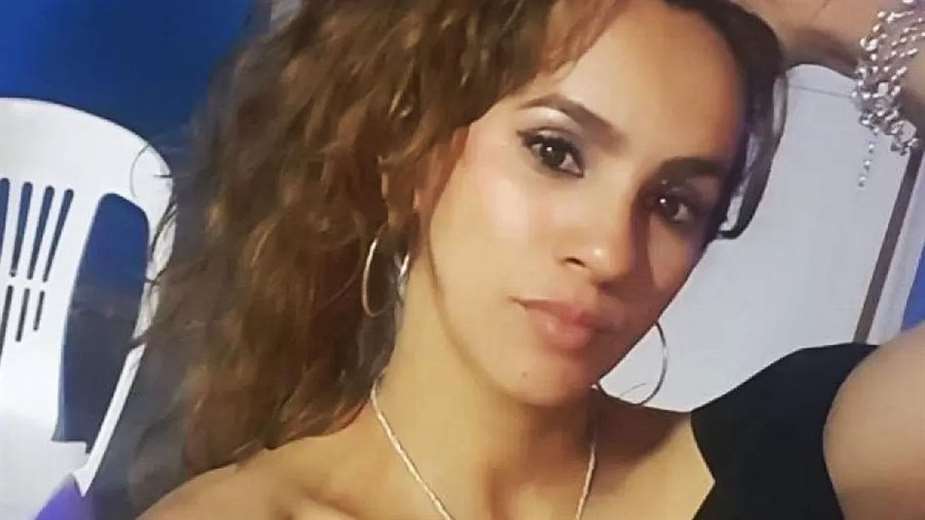The exposed independence is the name of the virtual exhibition on the Bicentennial of the Independence of Brazil, the result of the 2021 National Olympiad in History of Brazil (ONHB). air this weekthe exhibition brings together the work of 5,500 students from public and private schools across the country and brings the reflections that young people made on September 7, 1822.
The preparation of the exhibition was the task of the fifth stage of the 2021 ONHB, which had the participation of 1.8 thousand teams. The objective of the work was to understand the context and the different interpretations about the Independence of Brazil, with a broad approach to the date, in addition to researching information about the background of the event, regional issues and the relationship with the present day.
Each team set up an exhibition consisting of four virtual walls. In the first, the topic addressed was “Brazil’s independence process: context and background”. On the following walls, students had to deepen their reflection on the theme “The independence process is not a single process” and talk about the local and regional contexts of independence. In the last part, the teams aligned independence with themes that reach the present day.
The ONHB coordinator, Professor Cristina Meneguello, explains that the Bicentennial was chosen so that students could reflect on commemorative dates and the narrative of a nation’s identity in the context of the different interpretations and political uses of the past, generating knowledge production beyond of the mere reproduction of historical data.
“We seek to reaffirm that the school is, in fact, a place for the production of knowledge and not for its mere reproduction. In addition, we want to inspire schools to do similar experiments, whether for the celebration of the Bicentennial of Independence or other themes.”
For her, the exhibition allows the knowledge generated in basic education to be taken to wider audiences. “In this exercise, the teams produced texts, attentive to the clarity of writing and argumentation, chose images whose origin had to be indicated and even produced descriptions for people with visual impairments”. Among the topics addressed by the students are “Independence signed in blood”, “September 7: independence or myth?”, “Before the Grito do Ipiranga”, “Not everyone was invited to the party” and “Who was behind the story”. In all, there are 1821 exhibitions.
The work of the teams was supported by ten video classes, of about 20 minutes each, given by specialist professors from several universities in the country on the Bicentennial of Independence. The videos are available on the channel of ONHB’s Youtube.
In 2020, the task of the 11th ONHB was published in the biographical dictionary Excluded from History.
ONHB is a project of the State University of Campinas (Unicamp) created in 2009, already in a online, which seeks to enhance learning in digital environments and interactions between students and teachers through reading, writing, debate and reflection activities, stimulating new ways of learning history and acting in the construction of knowledge. This year, the 14th edition had 73 thousand students enrolled.














